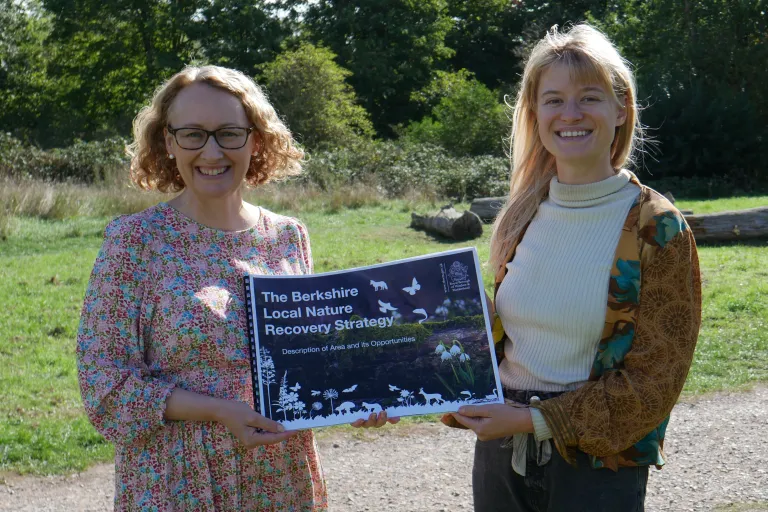
The Berkshire Local Nature Recovery Strategy sets out a transformative vision to reconnect habitats, revitalise rivers and wetlands, and enhance green spaces for both people and wildlife across Berkshire.
It pinpoints where action will deliver the greatest benefit - from planting hedgerows and wildflower meadows to restoring floodplains and improving urban green corridors.
Developed by the Royal Borough as the lead authority, with support from Bracknell Forest Council, Reading Borough Council, Slough Borough Council, West Berkshire Council, Wokingham Borough Council and Natural England, the strategy brings together evidence on Berkshire’s natural assets and identifies priority areas for action, ensuring investment and effort go where they will make the greatest difference.
The strategy will guide how developers meet Biodiversity Net Gain duties, help farmers access funding for nature-friendly practices, and encourage local projects that tackle climate change and boost biodiversity.
Councillor Karen Davies, Cabinet Member for Climate Change, Biodiversity and Windsor Town Council, said: “This strategy is our shared plan to bring nature back – practical, collaborative and focused on the places where action counts most. Thank you to everyone who has helped shape it so far.
“We’re committed to continue working with partners and communities to secure long-term benefits for wildlife and people across Berkshire.”
This follows extensive engagement with landowners, farmers, conservation groups and residents, including a consultation earlier this year.
It includes a local habitat map to guide delivery and will help partners target funding, coordinate projects and monitor progress over time and a collaboratively developed list of locally important species, with specific actions to increase their populations.
Find out more about the strategy on RBWM Together